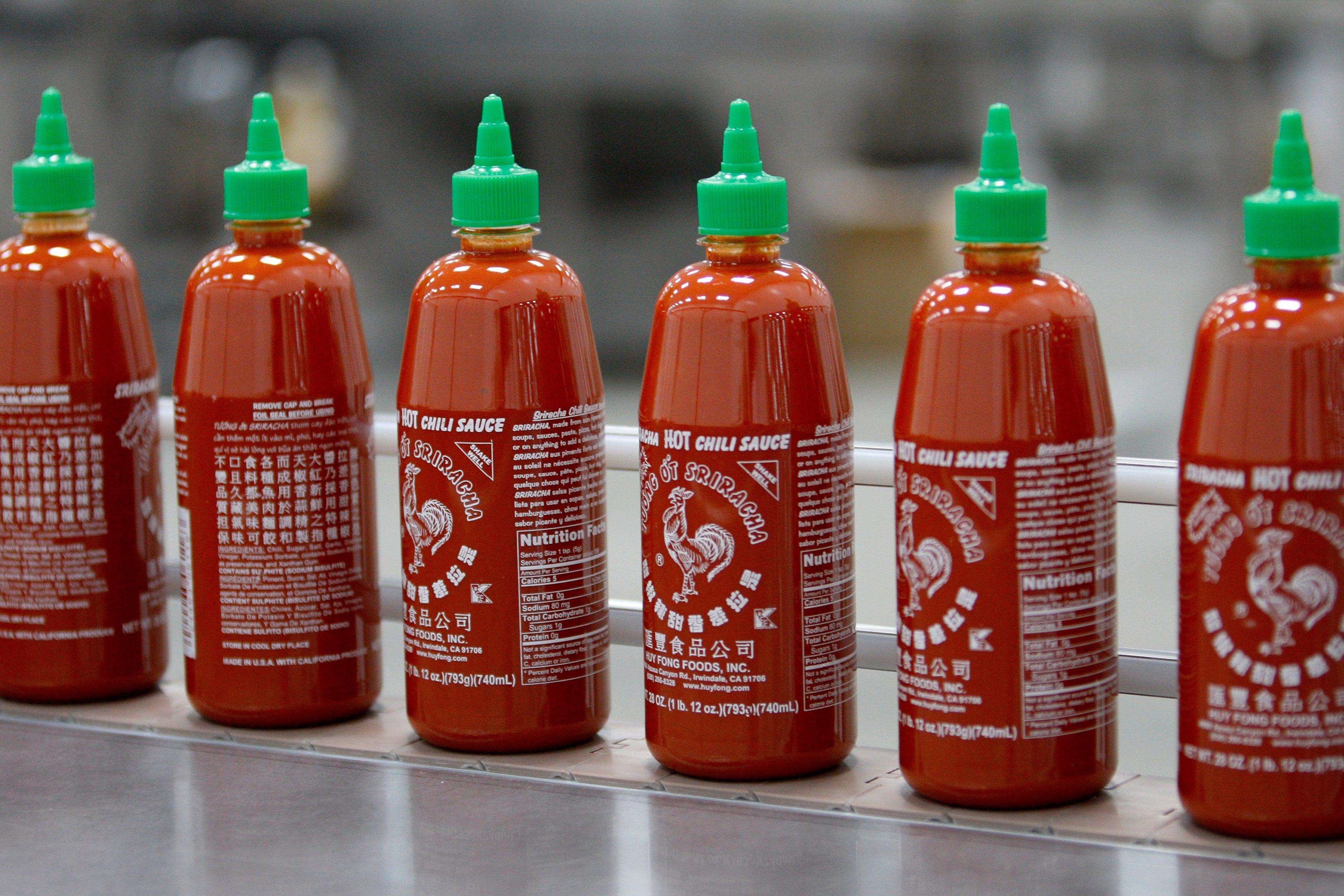Sriracha hot sauce production suspended due to climate crisis
The hot sauce company reportedly doesn’t have enough chili peppers due to “weather conditions”

Hot sauce fans have something to get spicy about — sriracha cravings may be put on hold until September.
In an April letter, Huy Fong Foods, the makers of the hot sauce, announced that they are experiencing a shortage of chili peppers due to “weather conditions.”
“Unfortunately, this is out of our control and without this essential ingredient we are unable to produce any of our products,” the letter reads.
Axios reports that the company has confirmed that its peppers come from Mexico. The publication notes that Mexico is currently going through drought conditions.
The company’s letter did not specify what “weather conditions” had caused the chili pepper shortage.
The current drought in western North America is part of a decades-long “megadrought” that has been exacerbated the climate crisis. One recent study found that human-driven warming had caused about 42 per cent of the dryness experienced since 2000.
Huy Fong Foods’ letter says that orders placed after mid-April will be on hold until after September 6.
In addition to sriracha, the company says they’ll also face shortages of two other spicy sauces, sambal oelek and chili garlic.
The climate crisis could severely threaten food availability around the world. Further warming would “increasingly put pressure on food production and access” as floods, droughts, heat waves and sea level rise threaten food production, according to the most recent report from the Intergovernmental Panel on Climate Change (IPCC), considered a global authority on the climate crisis.
At around 2 degrees Celsius of warming, the climate crisis is likely to cause serious risks of malnutrition, especially in areas like sub-Saharan African, Latin America and South Asia, the IPCC report notes.
Based on current policies, the world is on track to reach about 2.7 C of warming by 2100, reports the Climate Action Tracker.
Join our commenting forum
Join thought-provoking conversations, follow other Independent readers and see their replies
Comments
Bookmark popover
Removed from bookmarks